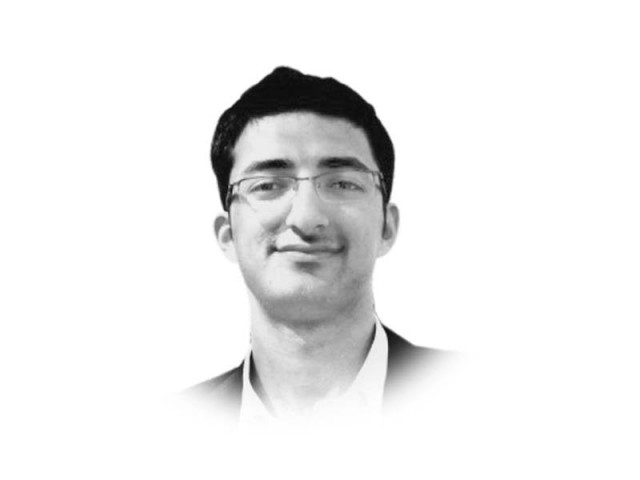Learning from secular Istanbul
Istanbul allows us a glimpse of what is possible if Muslim countries were to become more inclusive and tolerant

The writer is an economic development professional based in Washington, DC. He is a graduate of Brown University
For those curious, observing this cultural milieu raises an interesting question: are modern societies of a predominantly Islamic character capable of developing to a point where they become of central importance to the global economy, attracting multi-ethnic visitors through commerce, logistics, tourism and financial services? Can new urban centres from the East rise again to assert their place on the world’s newly-emerging mercantile routes?
To some extent, this has been seen in Dubai. However, while Dubai’s achievements are highly significant, they are at times accompanied by a sense of artificiality. The central point here is that what is required within countries of the Islamic world are not exclusive zones which function inclusively, but rather the genuine and organic progression of economic and social structures, civic sense and the rule of law, which allows these countries to contribute enthusiastically to new patterns of trade and travel being catalysed by globalisation. Additionally, in countries where Islam is used as the basis for arguing against openness, there is a need for counter-narratives to emerge — ones which advocate humane development, using a language that can be absorbed by conservative populations and, at times, even by working with Islamic injunctions.
Istanbul in modern Turkey, with its secular tradition (though not without its own significant challenges), growing economy, high literacy and relative stability, does allow us a glimpse of what is possible if countries within the Islamic world were to become more inclusive and tolerant.
Is this shift possible amongst a wider group of countries, some would ask, pointing towards Pakistan and other usual suspects on the list of supposedly unfriendly geographies. Yes, it is in the long term. The important question is, how best can such a reform agenda be initiated and actualised.
The development of this agenda demands reflection upon the present economic and social trajectory of potential countries and their realignment with a vision aimed at attaining economic prosperity without compromising social virtues that such societies possess due to certain inclusive and communal traditions.
The execution of this agenda requires political will, backed by contextualised technocratic expertise. Contextualised, in this case, means having a thorough understanding of local political economies, underpinned by an appreciation of the history of the operative landscape. The likelihood of this political will emerging in countries, whose citizens choose to dispassionately wait for it to, is low. Rather, it has to be catalysed by the emergence of new partnerships between progressive individuals and institutions from countries of Islamic hue. These partnerships must include elements from civil society, academia, and the private and public sectors. Civil society and academia can play a leading facilitative role, building trust and piloting economic and social programmes which can show results, stimulating larger, sustainable partnerships amongst private and public actors.
Such societies, with greater internal harmony and confidence in their own identities, will be able to embrace the world with openness and add to its vitality.
Published in The Express Tribune, June 3rd, 2013.
Like Opinion & Editorial on Facebook, follow @ETOpEd on Twitter to receive all updates on all our daily pieces.














COMMENTS
Comments are moderated and generally will be posted if they are on-topic and not abusive.
For more information, please see our Comments FAQ